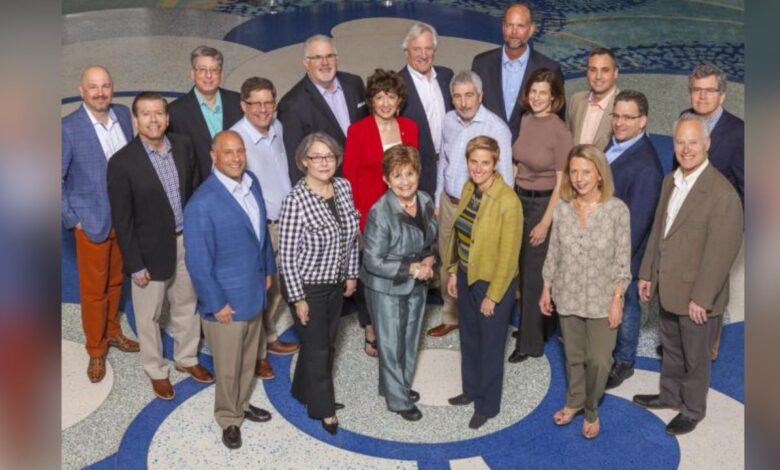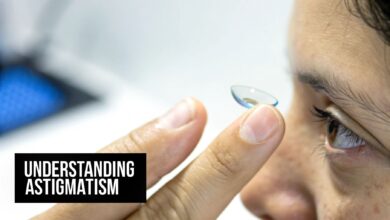Richard Medical Technologies Group: Making Health Care Easier to Reach

A Fresh Look at Health and Care
When you think about health care, what comes to mind first? For many people, it’s the hospital, the doctor’s office, or maybe the cost of treatment. But behind the scenes, there are people and groups trying to make health care not only better but also easier to reach. Two names worth knowing today are Richard Shulman and the Medical Technologies Group.
They both work in very different ways, but they share one big goal: making sure people can get the help they need without unfair limits. Richard focuses on mental health. The Medical Technologies Group, often called MTG, works on medical tools and treatments. Together, they show us new paths to care that feel more personal and fair.
Who Is Richard Shulman?
Richard Shulman, Ph.D., is a clinical psychologist. He co-founded a program called Volunteers in Psychotherapy, or VIP for short. The idea behind VIP is very simple but also very powerful. Instead of paying with money or dealing with insurance, people can get therapy by doing volunteer work.
Imagine this: someone spends time helping out at a food pantry or animal shelter. In return, they get private and caring therapy sessions. This trade of “time for care” makes therapy more open to people who might otherwise avoid it because of cost, paperwork, or fear of losing privacy.
Why Richard Started This Program
Richard created VIP because he saw problems in the way health insurance handled therapy. In many systems, insurance companies can decide how long therapy should last, what type is allowed, and even demand reports about what is said in private sessions. That can take away a client’s sense of control.
With VIP, there are no reports sent to third parties. The client’s personal story stays between them and their therapist. Plus, by doing volunteer work, clients don’t just “take” help — they also give back to their community. This gives people a sense of value and connection, which can be healing in itself.
The Power of Volunteering in Healing
Think about how good it feels when you do something kind for someone else. Maybe you’ve helped a neighbor carry groceries or donated clothes you no longer needed. It feels rewarding, right? That’s the same idea Richard uses in VIP.
When people volunteer, they step into a role where they are not only getting help but also giving something meaningful. This shift can boost self-esteem and create new social bonds. It also helps people see themselves as active and capable, not just as someone struggling with problems.
A Quick Look at the Medical Technologies Group
Now, let’s step into another part of health care — medical technology. In the UK, there’s a non-profit group called the Medical Technologies Group (MTG). This group is made up of patient groups, charities, and medical device makers. Their mission is simple: make sure patients can get the best medical tools and treatments when they need them.
The MTG looks at issues inside the National Health Service (NHS). They research how new medical devices are being used, where access is slow, and why some patients get better care than others depending on where they live. You might have heard of the term “postcode lottery.” This means that in some regions, patients can access treatments more easily than in others, even though they all belong to the same national health system. The MTG works to fight that unfair gap.
Why Access to Technology Matters
Think about how much life has changed with new technology. Phones, computers, and even simple apps make life easier. The same is true in medicine. New tools can save lives, speed up recovery, and make treatments safer. But if patients can’t reach these tools, then the benefits are lost.
This is why the Medical Technologies Group keeps pushing for better systems in the NHS. They want decisions about medical tools to be open and fair, not hidden behind rules or cost-cutting. For example, they started campaigns like “Ration Watch” to call out unfair limits and make sure patients get equal chances for care.
Where These Stories Meet
At first, Richard Shulman and the Medical Technologies Group may seem worlds apart — one works in mental health in the U.S., the other in medical devices in the UK. But they are connected by one key idea: people deserve fair and open access to care.
Both stories remind us that health care is not just about doctors and hospitals. It’s also about trust, fairness, and making sure no one is left behind because of money, rules, or where they live.
The Bigger Picture of Fair Care
When we look at both Richard’s work and the Medical Technologies Group, one thing becomes clear. Health care should never feel like a maze. People should not have to worry about hidden rules, unfair limits, or where they live. Everyone deserves the same chance to get help when they need it most.
Richard solved this problem in mental health by creating a fair exchange with volunteering. The Medical Technologies Group solves it in the UK by fighting for equal access to medical tools. Both remind us that health care is about people first, not systems or profit.
Lessons We Can Learn
So, what can we take from these stories today? The first lesson is that new ideas can change lives. Richard’s program shows that even something simple, like volunteering, can open doors to therapy that once seemed closed.
The second lesson is that groups like the Medical Technologies Group prove change is possible when people speak up. By shining a light on unfair systems, they push leaders to do better. They show that when patients, charities, and even companies join forces, health care can improve for everyone.
Real-Life Impact
Picture someone who avoided therapy for years because they didn’t want their private struggles shared with an insurance company. With Richard’s plan, that person can get help while also helping others. It’s a win-win situation.
Now think of a patient in the UK who needs a life-saving device but is told, “Not available in your area.” That feels unfair, doesn’t it? Thanks to the Medical Technologies Group, more of these issues are brought into the open, and patients get a stronger voice. These real examples show why their work matters so much today.
Why It Matters in 2025
We live in a time when health care is changing faster than ever. New devices, treatments, and apps appear almost every year. But if people can’t reach them, what’s the point? That is why the message from Richard and the Medical Technologies Group is so important in 2025.
They remind us that true progress is not just about creating new tools or programs. It’s about making sure people can actually use them. Fairness, trust, and equal access are what turn good ideas into real solutions.
Moving Forward Together
The future of health care will depend on voices like Richard’s and groups like the Medical Technologies Group. They push us to ask better questions: Is care fair? Is it private? Is it open to everyone, no matter their income or address?
When we keep asking these questions, leaders, doctors, and companies are forced to listen. Change might not be easy, but it is possible. And as we’ve seen, even one person with a creative idea, or one group that refuses to stay silent, can make a huge difference.
Final Thoughts
Health care touches every single life. That’s why stories like these matter. Richard Shulman’s vision for therapy and the Medical Technologies Group’s fight for equal access are not just about systems. They are about dignity, respect, and fairness for all.
So, as we think about health in 2025, let’s remember the power of fresh ideas and strong voices. Whether it’s through volunteering or through a campaign that shines a light on unfair gaps, change is possible. And with people like Richard and the Medical Technologies Group leading the way, we can move closer to a future where care is truly for everyone.



